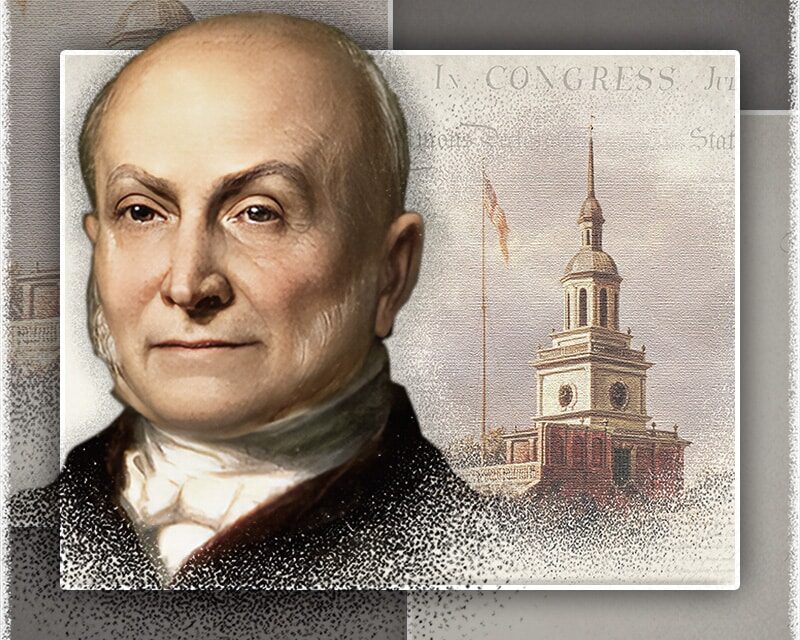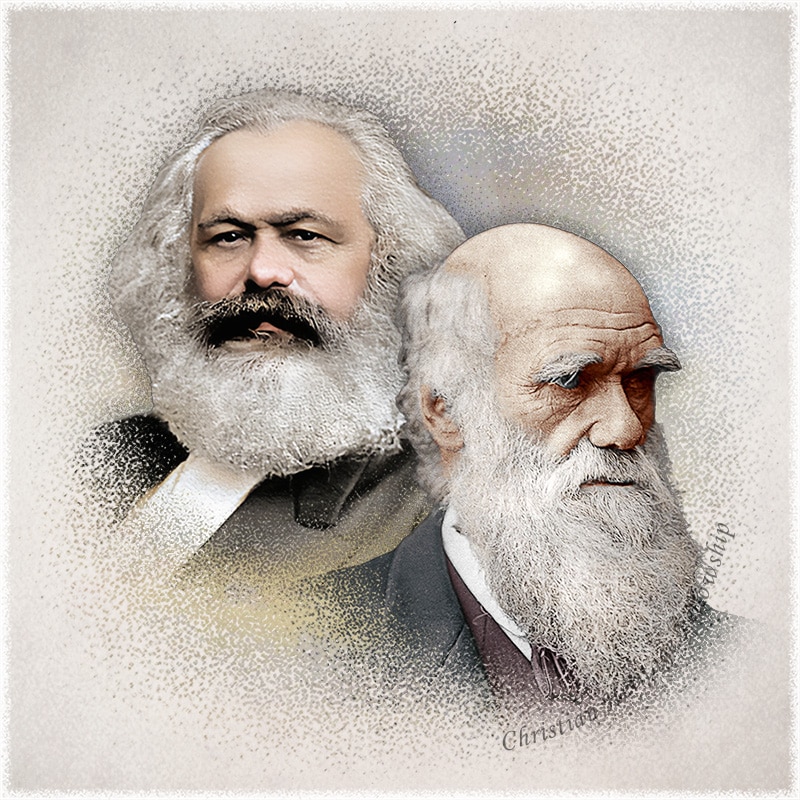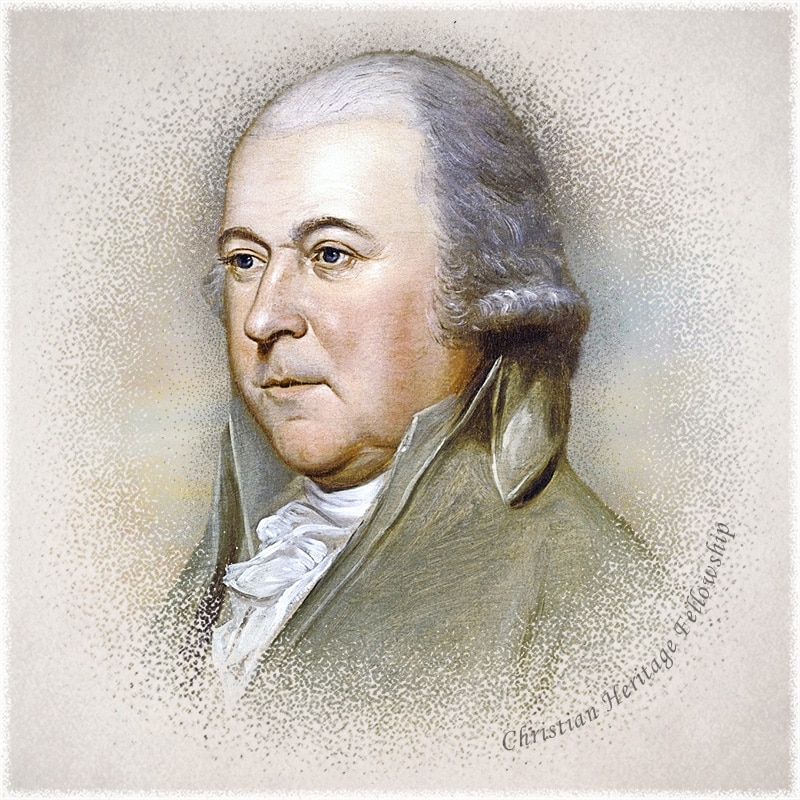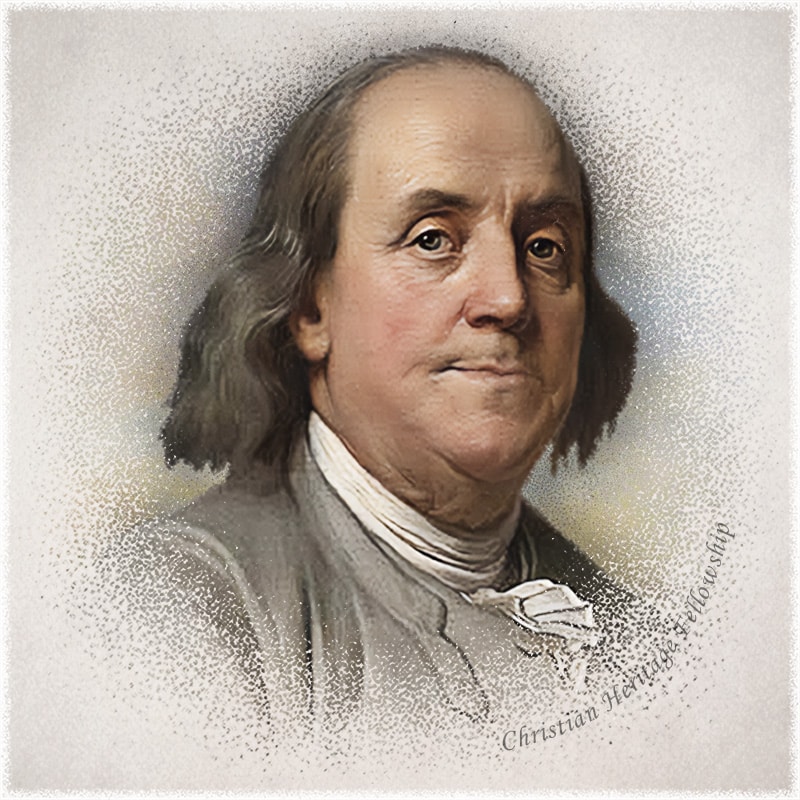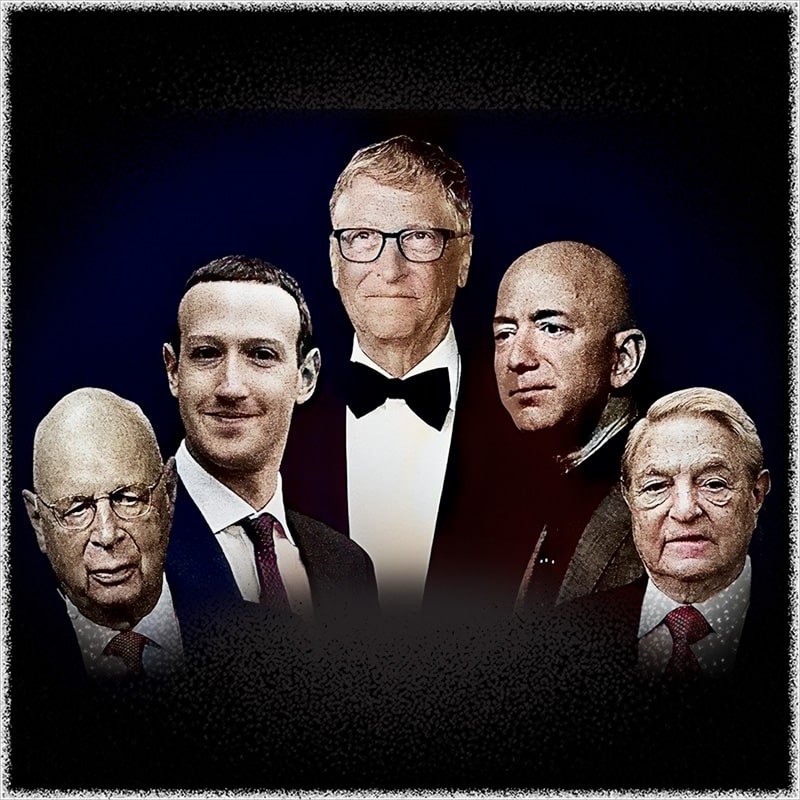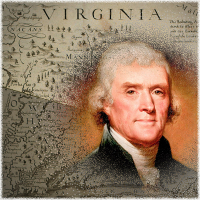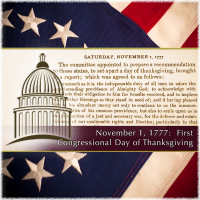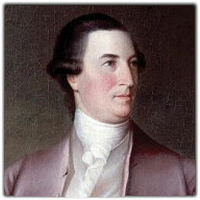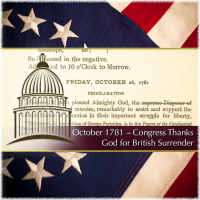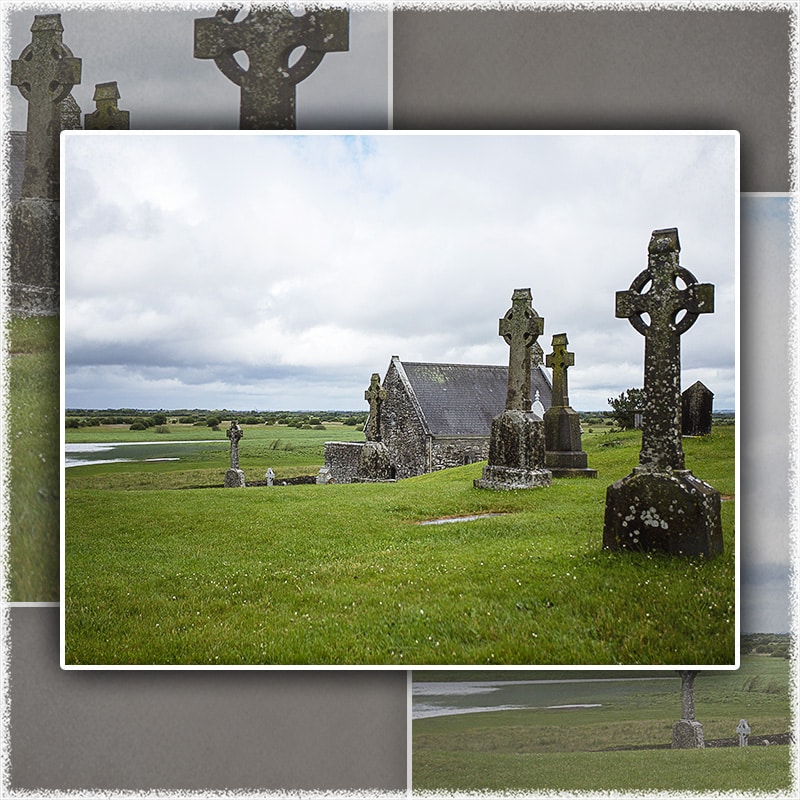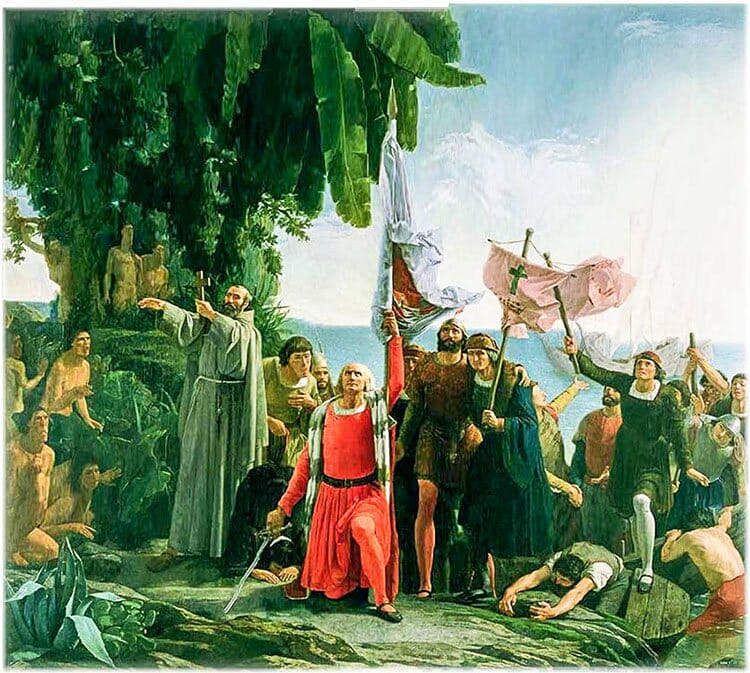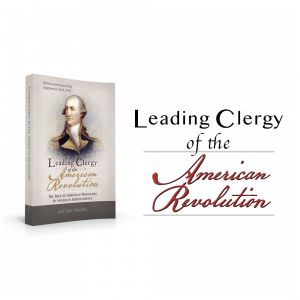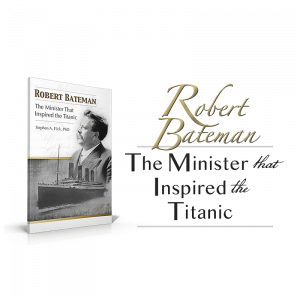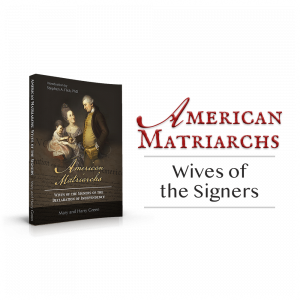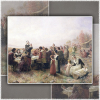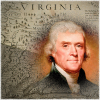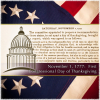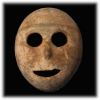In his book Pagan America: The Decline of Christianity and the Dark Age to Come,[1] John Daniel Davidson asserts the role of Christianity as a formative influence upon American government and asks, “How do we know that the rejection of Christianity will usher in a pagan era marked by brutality and violence?” and then answers, “Because it has happened before.”[2] Throughout his book, Davidson is keenly aware of the role Christianity exerted upon the life of America and the moral values that accompanied the rise of biblical study following the Protestant Reformation.Christian Influence upon the Declaration of Independence
In fact, it is gospel that mankind has always assumed the moral nature of the objects worshipped.[3] All over the world, human worship has resulted in moral and governmental features associated with the God or gods of each culture. Atheism pretends to avoid this universal global fact by attempting to jettison the concept of God (or gods), and the result has been infinitely more violent than the alleged atrocities of theists who have believed in God.Christian Influence upon the Declaration of Independence
Article Contents
Please click for more information: The Influence of Christianity upon the Declaration of Independence
Humanity Becomes Like Its Gods
The atheistic worldview has been supported by the philosophies of Charles Darwin’s evolution and Karl Marx’s materialistic dialectic. While atheists attempt to point to the belief in God as the cause of great evils throughout human history, the fact is that atheism, supported by the materialistic worldviews of Darwinism and Marxism, has been by far the greatest source of violence and human suffering that the world has ever known. Try as they may, atheists cannot avoid the fact that Darwinism and Marxism have wrought a devastating consequence upon the world since the end of the nineteenth century down to the present. Humanity is the god of atheism and humanism; believing mankind is the only authority to which they must give account, atheism serves the ever-changing demands of the tyrannical self. Proof of the violent consequences of the government of the god of self is succinctly expressed by Paul Johnson in his biography of Darwin:
In the twentieth century, it is likely that over 100 million people were killed or starved to death as a result of totalitarian regimes infected with varieties of social Darwinism. . . . At the time Origin [of Species]was published, there were about 1,325 million human beings in the world. By the time [Marxist]Mao Tse-tung, last of the great "exterminators," died—having himself presided over the deaths of 70 million—the human total had risen to 3,900 million.[4]
The truth is, Origin is a book that . . . had a devastating intellectual and emotional impact upon world society.[5]
Despite their denials, atheists must own Adolph Hitler and his Darwinian god of self.[6] Like theists who affirm the existence and accountability to God, atheists serve only the tyrannical dictates of the god of self.
The God of America’s Founding Fathers
America’s Founding Fathers understood that humanity assumes the character of the God or gods they worship. As descendants of the Christian Reformation of the sixteenth century, America’s Fathers believed God had revealed his character and will in the Bible, and they wished to establish a society that nurtured the greatest degree of freedom that citizens could experience. Despite the fact that Christians had departed from the principles of the Bible in the centuries soon after the life and ministry of Jesus Christ, America’s Founding Fathers believed the greatest happiness and greatest good possible for any society came from faithful worship of the God of the Bible. Evidence of this truth can be found in the entire history of early America, but in a letter to Thomas Jefferson (June 28, 1813), President John Adams—father of John Quincy Adams—succinctly summarized the influence of Christianity upon the rise of America as an independent nation:
The general principles on which the fathers achieved independence, were the only principles in which that beautiful assembly of young men could unite, and these principles only could be intended by them in their address, or by me in my answer. And what were these general principles? I answer, the general principles of Christianity, in which all those sects [Christian denominations]were united, and the general principles of English and American liberty, in which all those young men united, and which had united all parties in America, in majorities sufficient to assert and maintain her independence. Now I will avow, that I then believed and now believe that those general principles of Christianity are as eternal and immutable as the existence and attributes of God; and that those principles of liberty are as unalterable as human nature and our terrestrial, mundane system. I could, therefore, safely say, consistently with all my then and present information, that I believed they would never make discoveries in contradiction to these general principles.[7]
Further Evidence of America’s Christian Origin
President John Quincy Adams was perhaps one of the most scholarly and spiritually minded individuals to ever serve in American government. Born in Braintree, Massachusetts on July 11, 1767, John Quincy Adams enjoyed one of the most illustrious political careers in American history. In his youth, he assisted his father, John Adams who was a diplomat in Europe. Appointed ambassador to the Netherlands in 1794 by President George Washington, he was subsequently elected to the United States Senate in 1802. Under the presidency of James Madison, he served as ambassador to Russia, and was selected as secretary of state in 1817 by President James Monroe. In 1824, the House of Representatives elected him as President when none of the four candidates to the office were successful in securing a majority of electoral votes. Following his presidency, Mr. Adams was elected to the House of Representatives in 1831 where he served until his death in the House of Representatives in 1848. No other individual in United States history has held such varied positions and offices in government as John Quincy Adams.
In 1837—while a member of the United States House of Representatives—Mr. Adams was invited to deliver a speech by the citizens of Newburyport, Massachusetts to commemorate the signing of the Declaration of Independence. Mr. Adams complied with the request and was subsequently invited by town representatives to permit his oration to be published. He consented, and the details surrounding the speech were included in the publication.
Since the end of the nineteenth century[8] and the early twentieth century,[9] the Christian origin of America has been vigorously denied, but the historical record proves otherwise. Charters and land grants given during the colonial era prove beyond doubt that this period of American history was nurtured by Christians who were descendants of the Reformation.[10] Further, the first constitutions of the states as they broke with King George III and Parliament were clearly Christian constitutions.[11] Proof of this can be seen in Pennsylvania’s first constitution which required an oath to serve in the state’s government:
And each member, before he takes his seat, shall make and subscribe the following declaration, viz: I do believe in one God, the creator and governor of the universe, the rewarder of the good and the punisher of the wicked. And I do acknowledge the Scriptures of the Old and New Testament to be given by Divine inspiration. And no further or other religious test shall ever hereafter be required of any civil officer or magistrate in this State.[12]
And notice who was the chairman of Pennsylvania’s constitutional convention…
Passed in Convention the 28th day of September 1776, and signed by their order.
BENJ. FRANKLIN, Prest.[13]
The earliest records of the American colonies, states, and nascent federal government all were ensconced within the Christian faith. As proof at the federal level, one need only to study the minutes of the First and Second Congresses, and Congress under the Articles of Confederation to find ample evidence of the fact that the Founding Fathers were not Deists and were not irreligious. At the “federal” level, during the War of Independence, Congress passed sixteen fasting, prayer, and thanksgiving proclamations that were issued to the individual states with the expectation that governors would observe the designated days within their states.[14]
John Quincy Adams was very much a part of that long-observed Christian heritage, and it was this heritage that he wished to credit for the liberty enjoyed in America in his speech to the citizens of Newburyport. Lamentably, he recognized what even the contemporary American church cannot see—that real freedom is not limited to a particular race or geographical region but is universal and global. And, according to Mr. Adams, what was the source of such an idea? In his July 4, 1837 oration, Mr. Adams made it clear that it was Scripture that produced such an idea in the minds of America’s Founding Fathers:
Why is it that, next to the birthday of the Savior of the World, your most joyous and most venerated festival returns on this day? …Is it not that, in the chain of human events, the birthday of the nation is indissolubly linked with the birthday of the Savior? ...That it forms a leading event in the progress of the gospel dispensation? ...Is it not that the Declaration of Independence first organized the social compact on the foundation of the Redeemer’s mission upon earth? ...That it laid the corner stone of human government upon the first precepts of Christianity... [15]
…the Declaration of Independence announced the one people, assuming their station among the powers of the earth, as a civilized, religious, and Christian people, acknowledging themselves bound by the obligations, and claiming the rights, to which they were entitled by the laws of nature and of nature’s God.[16]
For the first time since the creation of the world, the act, which constituted a great people, laid the foundation of their government upon the unalterable and eternal principles of human rights.[17]
John Quincy Adams believed that America occupied a unique place in world history. From chains of slavery and serfdom, he argued that the Founding Fathers proclaimed liberty and freedom to a degree never previously realized in any society, and this was the result of the principles found in Scripture[18] and ensconced in America’s first organic law—the Declaration of Independence.
Our Publication of Mr. Adam’s Speech
Only the most limited efforts have been used to render this valuable work more accessible to the contemporary reader. Mr. Adams’ style is often expansive, and for this reason, punctuation has been altered in the most conservative manner. It is the desire of Christian Heritage Fellowship to render such works accurate to the intent of the original author in every respect while offering accessibility to their literary audience.
The communications between Mr. Adams and the Newburyport program committee have been retained. This series of correspondence will further enhance the reader’s appreciation for the setting of this oration. This edition is sent to press with the express hope that the true faith of America’s Founding Fathers and its influence upon true freedom around the world might again be realized.
Though the attack upon America’s Christian heritage began in earnest in America at the beginning of the twentieth century, it began decades earlier around the world—particularly through the efforts of Marxism and Darwinism. But America’s Founding Fathers left ample evidence in their writings and decisions of the influence Christianity exercised upon local, state, and federal governments. President John Quincy Adams made it quite clear in his July 4, 1837 oration that the principle of liberty found in the Declaration of Independence was inspired by the Bible. Furthermore, he insisted in his speech that the Founding Fathers never intended to limit the claims of liberty to one race or one region; they intended that all people everywhere should be included in the claims of the Declaration of Independence. For this reason, John Quincy Adams vigorously opposed slavery throughout his extensive service to his beloved nation.
At a time in world history when Globalists (or Controligarchs[19] ) seek to enslave the masses of the world, John Quincy Adams’ 1837 oration and the claims of the Declaration of Independence need to be vigorously rehearsed and proclaimed to a new generation.
America deserves to know its true heritage.
Please contribute today!
[1] John Daniel Davidson, Pagan America: The Decline of Christianity and the Dark Age to Come (New York: Regnery, 2024).
[2] Davidson, Pagan America, 231.
[3] One of the best books to explain the influence of religion to moral and cultural life is the time-honored work of James B. Walker, Philosophy of the Plan of Salvation: A Book for the Times, New and Enlarged ed. (Cincinnati: Hitchcock and Walden, 1855).
[4] Paul Johnson, Darwin: Portrait of a Genius (New York: Viking Penguin, 2012), 136.
[5] Johnson, Darwin: Portrait of a Genius, 130-31.
[6] See the following: Erwin W. Lutzer, Hitler’s Cross: How the Cross Was Used to Promote the Nazi Agenda (Chicago: Moody Publishers, 2016); Richard Weikart, Darwinian Racism: How Darwinism Influenced Hitler, Nazism, and White Nationalism (Seattle, WA: Discovery Institute Press, 2022).
[7] Letter to Thomas Jefferson, June 28, 1813. John Adams, The Works of John Adams, Second President of the United States, with a Life of the Author, Notes and Illustrations by His Grandson, Charles Francis Adams, 10 vols. (Boston: Little, Brown and Company, 1851-1856), 10:45-46.
[8] At the end of the nineteenth century, Robert Ingersoll, “The Great Agnostic,” was among the first to deny America’s Christian heritage.
[9] Marxism began to wax in acceptance in America in the opening decades of the twentieth century. The rise of the American Civil Liberties Union (ACLU) is but one proof of this fact.
[10] See Sydney E. Ahlstrom, A Religious History of the American People (New Haven, Connecticut: Yale University Press, 1972).
[11] For evidence of this fact, see original colonial charters and state constitutions in, The Federal and State Constitutions, Colonial Charters, and Other Organic Laws of the State, Territories, and Colonies Now or Heretofore Forming the United States of America, ed. Francis Newton Thorpe, 7 vols. (Washington: Government Printing Office, 1909).
[12] Constitutions, Charters, and Other Organic Laws, 5:3085.
[13] Constitutions, Charters, and Other Organic Laws, 5:3092.
[14] Stephen A. Flick, When Congress Asked America to Fast, Pray, and Give Thanks to God (Clinton, Tennessee: Christian Heritage Fellowship, Inc., 2017).
[15] John Quincy Adams, An Oration Delivered before the Inhabitants of the Town of Newburyport at Their Request on the Sixty-First Anniversary of the Declaration of Independence, July 4, 1837 (Newburyport: Morss and Brewster, 1837), 5-6.
[16] Adams, Oration to the Inhabitants of Newburyport, 17.
[17] Adams, Oration to the Inhabitants of Newburyport, 19.
[18] See especially Adams, Oration to the Inhabitants of Newburyport, 61-74.
[19] In his book, Bruner highlights only a few of the prominent individuals who wish to dominate the world stage by controlling politics around the world; by no means is his brief list intended to be exhaustive. See Seamus Bruner, Controligarchs: Exposing the Billionaire Class, Their Secret Deals, and the Globalist Plot to Dominate Your Life (New York: Sentinel, 2023).

